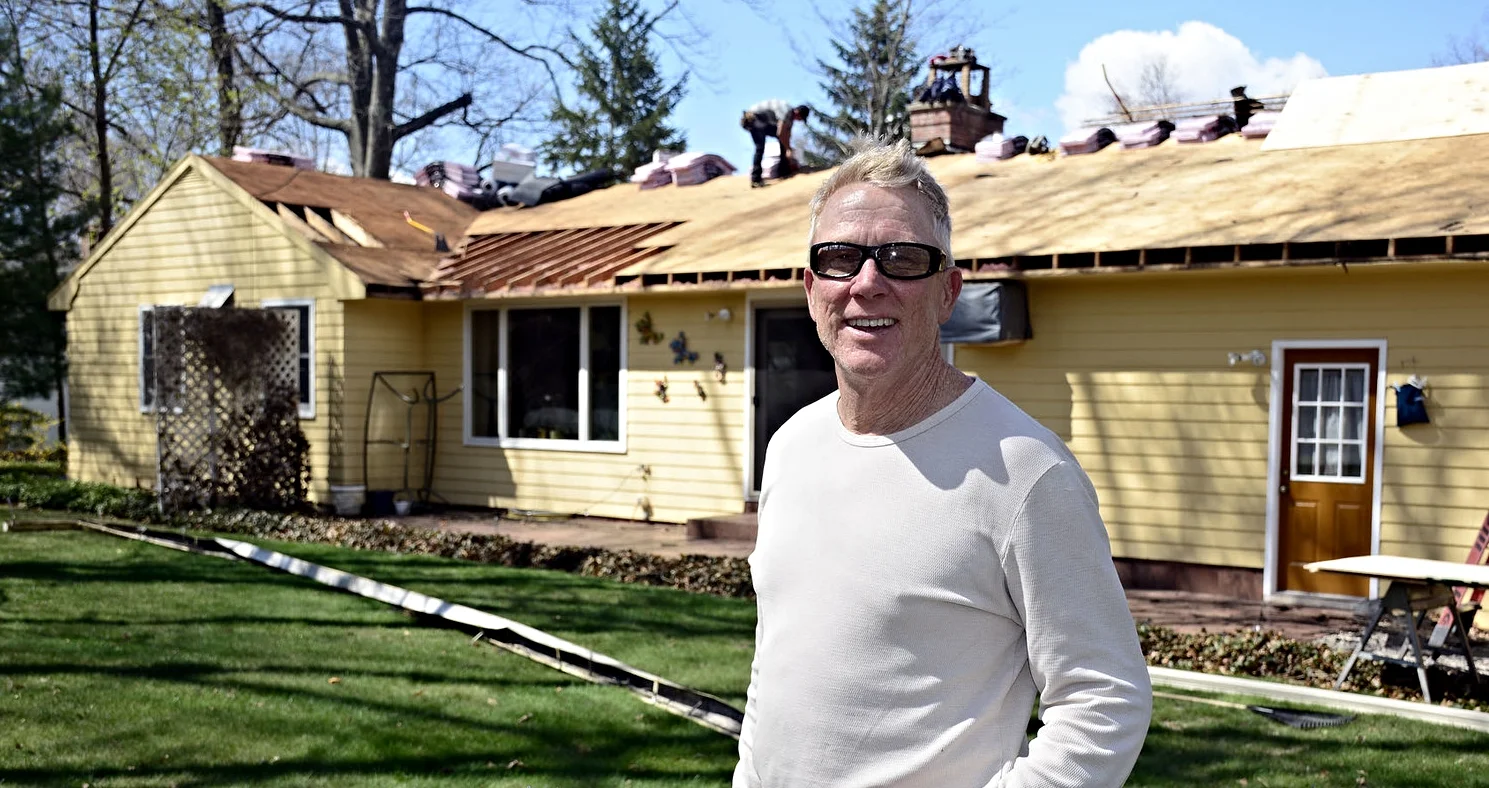How to Improve Indoor Air Quality During Pollen Season
Chelsea O'Donnell
Spring in Connecticut is a beautiful thing with longer days, blossoming trees, and the long-awaited return of greenery. But if your eyes are watering, your nose is running, and you feel like you’re living in a cloud of dust, you’re not imagining it. Tree pollen is heavy right now across the state, and it’s taking a toll on our sinuses, our sleep, and even our mood.
What many people don’t realize is that spring allergies aren’t just an outdoor problem. Pollen doesn’t politely stay outside. It hitches a ride on your clothes, shoes, pets, and open windows, settling in your carpets, upholstery, and air ducts. The result? Your indoor air can be just as allergy-triggering as the great outdoors. Fortunately, a few smart strategies can dramatically improve your home’s air quality and help you breathe easier this season.
1. Invest in a High-Quality Air Purifier
One of the most effective ways to combat indoor allergens like pollen is to use a HEPA air purifier. These devices are designed to trap particles as small as 0.3 microns, including pollen, dust, and pet dander. Place a purifier in high-traffic areas, such as the living room or bedroom, and keep it running continuously during peak pollen season. If you have allergy sufferers at home, consider one for each bedroom.
Bonus tip: Look for purifiers with activated carbon filters to reduce odors and volatile organic compounds (VOCs) that can further irritate sensitive airways.
2. Keep Windows Closed (Sorry, We Know)
There’s nothing more tempting than cracking open a window on a sunny spring day. But during high pollen days, open windows are like rolling out the red carpet for allergens. Use air conditioning instead, and make sure your HVAC system is fitted with a high-efficiency filter (MERV 11 or higher is ideal). Don’t forget to change it every 1-2 months during allergy season.
3. Do the “Pollen Peel-Off” at the Door
Designate a “drop zone” near your entryway where family members can leave shoes, jackets, and bags. This helps prevent pollen from being tracked deeper into your home. If you’ve been outside for a while, especially after a hike or time in the garden, consider changing clothes and rinsing off. Pollen loves to cling to fabric and hair.
4. Vacuum Like You Mean It
Vacuuming once or twice a week with a HEPA-equipped vacuum cleaner can make a big difference. Pollen settles in rugs, furniture, and curtains, so make those part of your cleaning routine too. For an extra level of clean, consider using a steam cleaner on soft surfaces.
5. Bring in the Green Wisely
Some houseplants can help purify indoor air, but others might aggravate allergies. Skip the highly fragrant or pollen-heavy varieties, and opt for air-cleansing champs like spider plants, peace lilies, or snake plants. And always check for mold buildup in the soil, which can trigger symptoms.
Spring doesn’t have to mean months of misery. With a little planning and some tech help, you can keep pollen outside and reclaim the fresh, healthy air your home deserves.
Bob O’Donnell is the owner of O’Donnell Bros. Inc., a Bristol-based home improvement company established in 1975. Email your questions for Bob to info@odonnellbros.com with the subject line “Ask the Pro.” All questions may be considered for publication. To contact Bob for your remodeling needs, call O’Donnell Bros. Inc. at (860) 589-5155 or visit http://www.odonnellbros.com. Advice is for guidance only.
